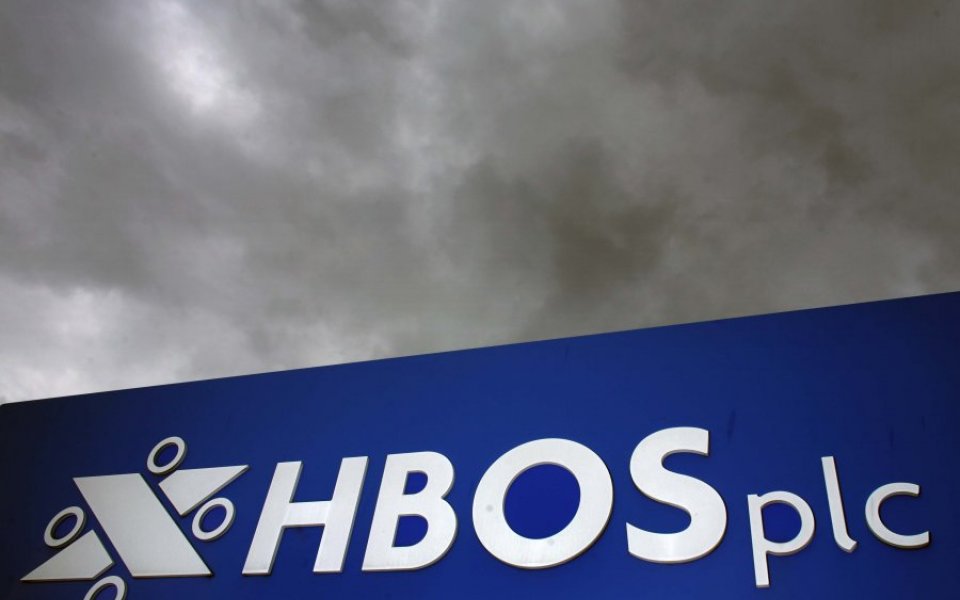HBOS report: Crisis probe is the Never-Ending Story

It has been 2,617 days since Lloyds TSB’s merger with HBOS was struck. Today – at last – we will get the fullest account yet of why HBOS needed rescuing in the first place.
The delay in publication isn’t the least shocking aspect of Britain’s banking crisis.
If the purpose of such inquiries is to learn lessons and adapt public policy in response, future probes must be set strict time limits, Maxwellisation and all.
Watching events closely will be Baroness Kramer, the Lib Dem peer who sat on the Parliamentary Commission on Banking Standards (PCBS).
Its 2013 HBOS report got straight to the heart of the matter: the bank was brought down by a toxic cocktail of rapacious over-expansion, unwise diversification and dire credit decisions.
Today’s report will say something similar, at much greater length. I understand both the FCA and PRA will announce plans to undertake a further examination of the case for formal prohibition proceedings against HBOS’ former executives.
In that context, it’s not hard to see why some are pushing in parliament for a recent change to the Senior Managers’ Regime – which involves the burden of proof in cases of failed banks to switch to regulators – to be overturned.
If they conduct the next phase of their work swiftly, the PRA and FCA have an opportunity to persuade the rest of us they are serious about acting in the public interest. But they have a fight on their hands to persuade Baroness Kramer and others that bank bosses should not have to prove their innocence.
McDermott’s Race Run
Timing is everything: for Tracey McDermott, the acting chief executive of the Financial Conduct Authority, that’s something to ruminate on as the embers of HBOS’s ruins are raked over today.
McDermott has made little secret of her desire to succeed Martin Wheatley as the regulator’s permanent chief – to many observers, she has made a decent fist of her stint in temporary charge.
Yet her candidacy is handicapped by the very fact of her employment at the FCA’s predecessor since 2001.
She won’t, of course, be deemed responsible for the HBOS crisis in today’s report. Until January, McDermott had not set foot near the regulator’s supervisory team.
Her problem? That she oversaw the enforcement division which in 2012 concluded that only one executive – Peter Cummings – should face sanctions over HBOS’ collapse.
It was a decision savaged by the PCBS and it will be undermined again today. That’s why McDermott will be absent from the line-up at this afternoon’s press conference at the Bank of England.
It’s a significant omission. It will be difficult for George Osborne to claim he is ushering in a new settlement between industry and regulator if the FCA is run by someone who has been around since before the crisis.
It’s unfortunate for McDermott, but after today, an external appointment to replace Wheatley is even more of a nailed-on certainty.
Goldman Xchanges Apollo
If at first you don’t succeed, try, try again.
That’s the approach adopted by Goldman Sachs in the £400m battle for Xchanging, the software outsourcing group.
Goldman initially hitched itself to the wagon of Apollo Management, the private equity firm which had been mulling a 170p-a-share offer.
No sooner had Apollo withdrawn than Goldman was scouting around for another horse to back.
Insiders say it duly found one in the form of Computer Sciences Corporation, which pitched up last week with a bid to trump Capita.
Alas for Goldman – which wasn’t named in CSC’s statement – that offer was usurped by yet another US interloper in the form of Ebix.
London hasn’t seen a contested bid situation like this for some time. Even by Goldman’s standards, yet another change of horse looks like a leap too far.